Brazil Golden Visa: Residency-By-Investment Program
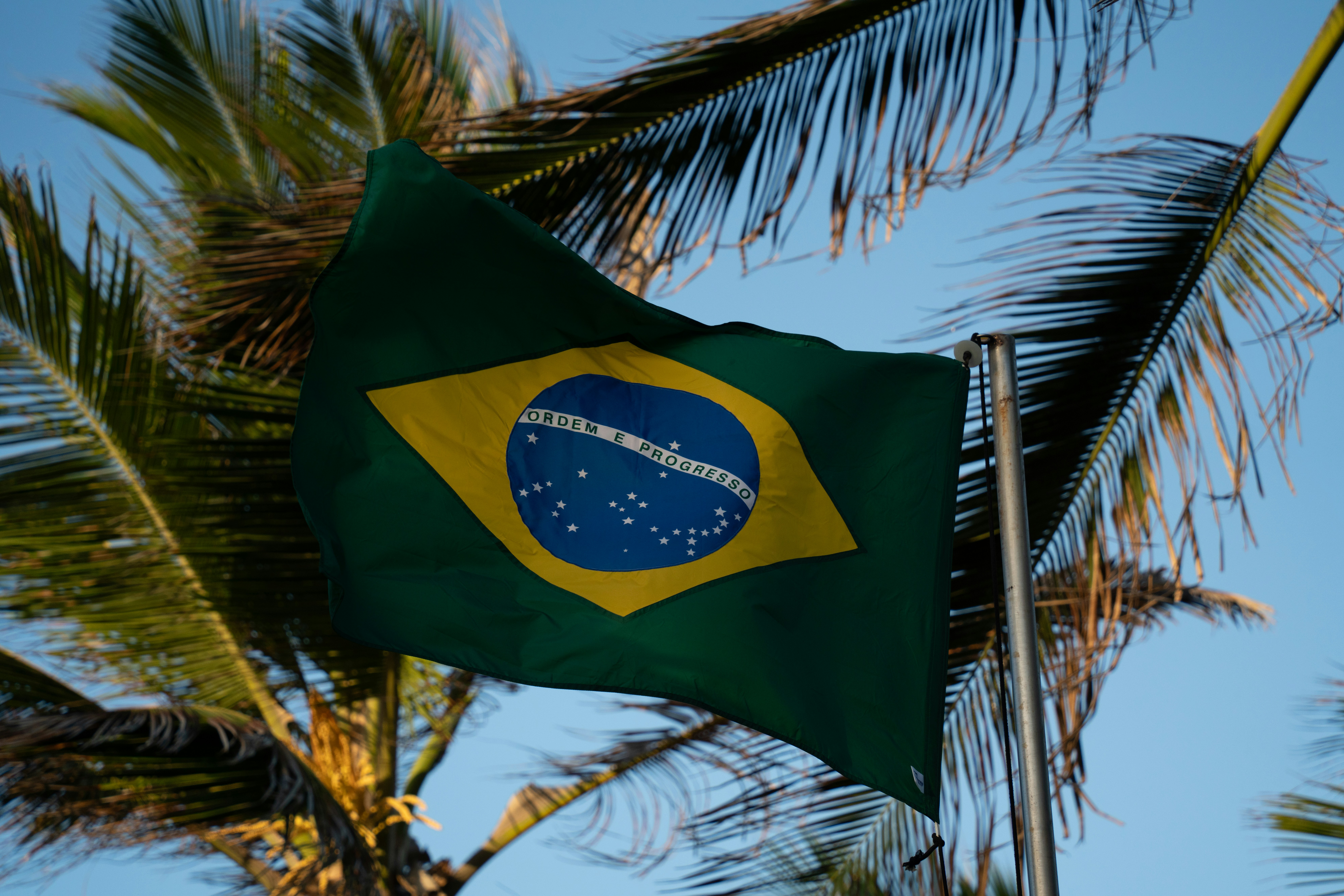
Quick Visa Facts
Visa length Initial residency permit valid for 2 years
Possible to extend? Yes, temporary residency can be renewed for an additional 2 years before applying for permanent residency
Who can apply? Foreign investors who meet the minimum investment requirements, including entrepreneurs and their immediate family members
Minimum Income Requirements A qualifying investment starting at BRL 500,000 (approximately USD $89,500), with lower thresholds for certain types of investments like innovation startups or real estate.
Time for visa applications Typically 3 to 6 months, depending on consulate and completeness of application.
Want to know if you can apply?
Complete a visa quiz and see if you qualify!
Dreaming of living in Brazil while growing your investment portfolio? The Brazil Golden Visa offers a unique opportunity to do both. With this program, foreign nationals can gain residency by making qualifying investments, most commonly in real estate or Brazilian businesses.
Brazil’s Golden Visa program, officially known as a residency-by-investment program, is part of a broader effort to attract global capital and talent to the country. It’s a flexible and accessible option for those who want to establish deeper roots in Brazil while enjoying its rich culture, diverse landscapes, and strategic location.
Whether you're planning a long-term move, expanding your international assets, or simply want the freedom to live in one of the world’s most vibrant countries, this visa opens the door.
In this guide, we’ll walk you through exactly how the visa works, who it’s for, and what steps you need to take to make it happen.
Brazil Investor Visa Overview
Brazil introduced the Residence Authorization by Investment (Autorização de Residência por Investimento) in 2018 to encourage foreign investment and economic development. Commonly referred to as the Brazil Golden Visa, this program allows eligible foreigners to obtain legal residency in Brazil by making a qualifying investment, typically in real estate or Brazilian businesses.
Unlike many global investor visas, Brazil’s program offers a clear pathway to permanent residency and even citizenship, all with flexible residency requirements.
Who Is It For?
The Brazil Investor Visa is designed for foreign nationals who:
Want to invest in Brazilian real estate, startups, or other approved sectors
Are seeking a long-term residency solution in Brazil
Plan to pursue permanent residency or eventual citizenship
It’s especially attractive to global investors, entrepreneurs, remote workers, and retirees looking to establish a presence in one of South America’s most dynamic countries.
What Does It Allow You to Do?
With the Residence Authorization by Investment, you can:
Live legally in Brazil as a temporary resident
Renew your visa and become eligible for permanent residency after a qualifying period
Apply for Brazilian citizenship, subject to residency and language requirements
Include family members (such as a spouse and dependents) under the same investment
Enjoy flexibility, with no strict requirement to live in Brazil full-time
Access public services and travel freely within the country
This visa is a strong option for those who want to blend investment opportunities with residency privileges, all in one of the most culturally rich and naturally diverse countries in the world.
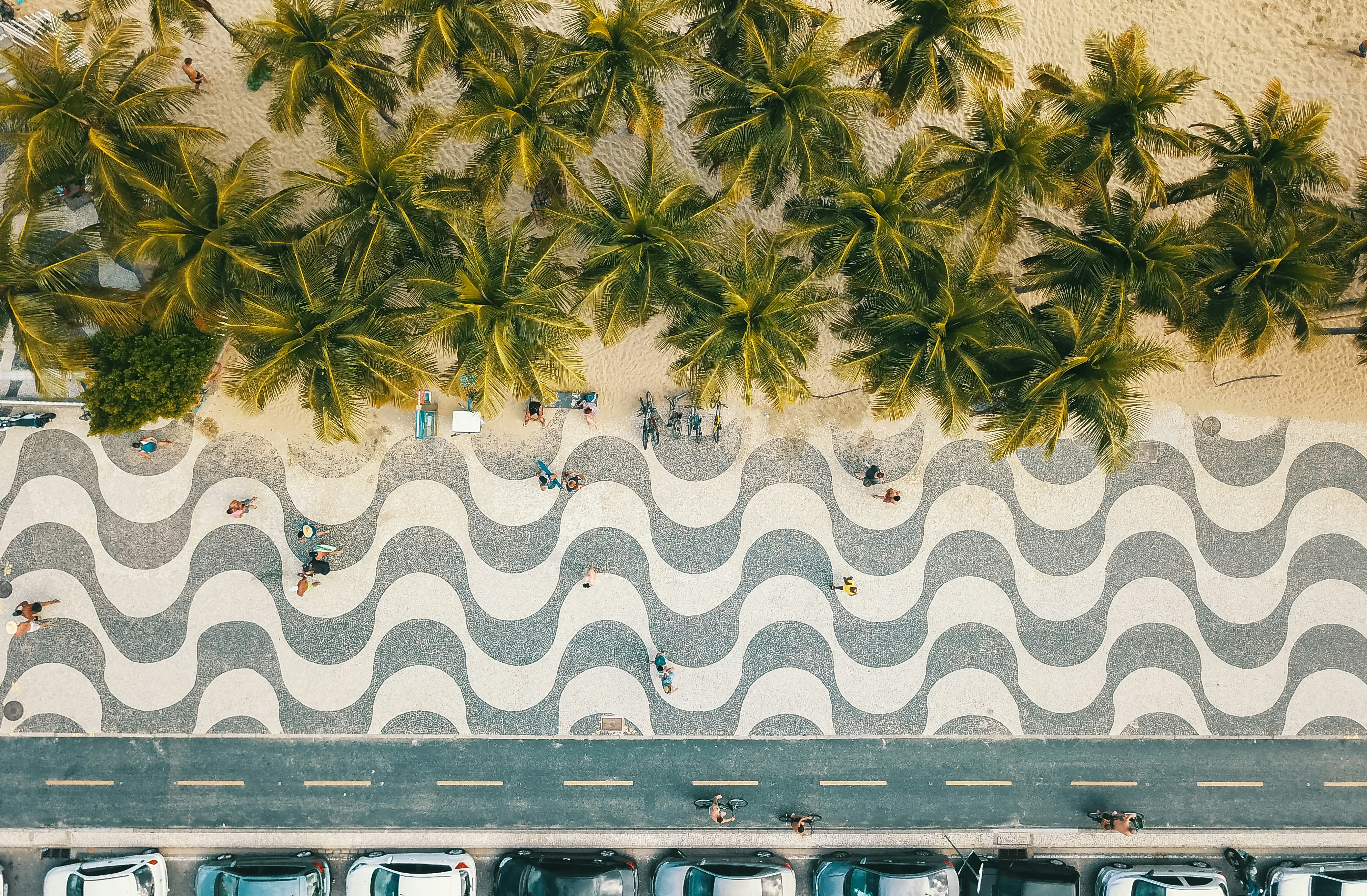
Brazil Investor Visa Requirements
To apply for the Brazil Investor Visa, you’ll need to gather several standard documents along with a few key items specific to this type of residency. Below is an overview of the basic paperwork required, followed by important additional requirements based on Brazil’s immigration rules.
These are the standard documents you’ll need to submit as part of your Brazil Golden Visa application:
Completed residency authorization application form
Recent passport-sized photos (meeting official specifications)
Valid passport (must be valid for at least 6 months and include available visa pages)
Proof of payment for all applicable government fees
Police clearance certificate from your country of residence (issued within the last 90 days)
Birth certificate (apostilled and translated into Portuguese if required)
Marriage certificate, if applying with a spouse (apostilled and translated)
Documentation related to your qualifying investment (property deed, business registration, etc.)
Proof of Financial Self‑Sufficiency
While there’s no fixed monthly income threshold for Investor Visa applicants, you must still demonstrate financial capacity to maintain yourself and any dependents in Brazil. This typically includes:
Evidence of investment funds and lawful origin
Bank statements or asset documentation showing sufficient resources beyond the investment itself
In some cases, consulates may request proof of ongoing financial means, especially if you don’t plan to relocate immediately or have variable income streams
For other related visa categories (e.g. digital nomad or retirement), consulates commonly require:
A monthly income of approx USD $1,500–$1,800, or
Savings of at least USD $18,000
However, for the Investor Visa, the investment itself is the primary proof: your financial sufficiency is evidenced through the legal and substantive value of your qualifying investment.
Private Health Insurance
All applicants must show proof of valid private health insurance coverage that is:
Accepted in Brazil
Active for the duration of your intended stay
Able to cover all routine and emergency medical needs while in the country
Travel insurance is not accepted; it must be long-term residency health insurance. You can find our recommendations for the best health insurance plans for digital nomads here.
Clean Criminal Record
A clean criminal background is a requirement for approval. This applies to the main applicant and adult dependents. The certificate must:
Be issued by a competent authority in your country of residence
Be apostilled (if applicable)
Be issued within 90 days of the application submission
Proof of Investment
Since this visa is granted based on your financial contribution to Brazil, you'll need to submit official documentation proving your qualifying investment, such as:
Real estate purchase agreements and title deeds
Company formation documents (for business investments)
Bank transfer receipts or other proof of funds being brought into Brazil legally
Proof that the investment meets or exceeds the minimum investment threshold set by law, usually BRL 700,000 (approximately USD $125,000) for real estate or BRL 500,000 (approximately USD $89,500) for business/startup investment
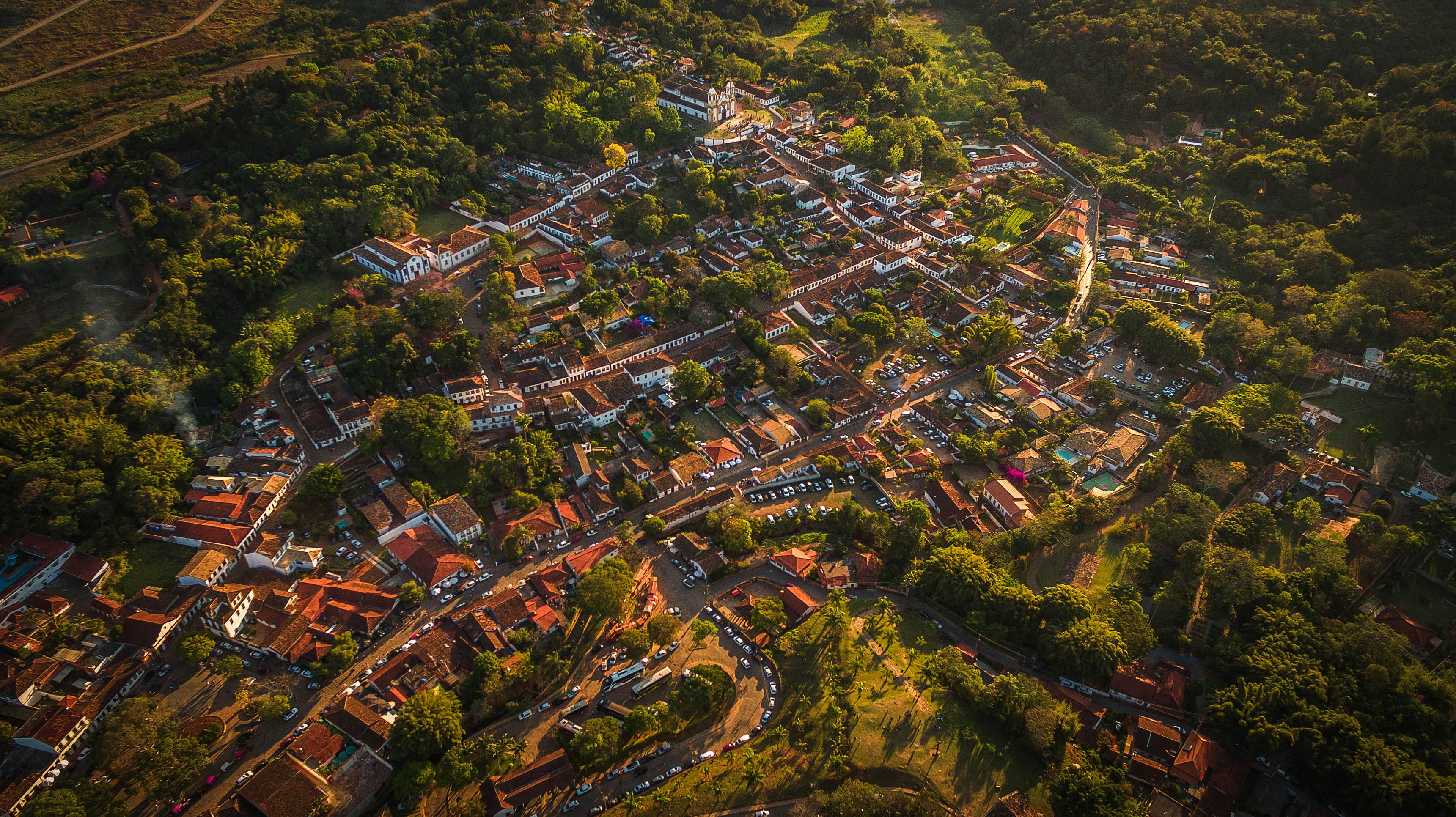
How to Apply for the Brazil Investor Visa – Step-by-Step Instructions
Applying for the Residence Authorization by Investment (commonly known as the Brazil Investor Visa or Brazil Golden Visa) involves several stages, from making your qualifying investment to submitting your residency request. Below is a simplified step-by-step guide to help you navigate the process with clarity.
Step 1: Choose and Make Your Qualifying Investment
Before applying, you must complete one of the approved investment types. Most applicants either:
Purchase real estate worth at least BRL 1,000,000 (or BRL 700,000 in designated areas), approximately USD $179,000–$125,000) or
Invest BRL 500,000 or BRL 150,000 in tech/startups in a Brazilian business (approximately USD USD $26,800–$89,500)
Make sure all funds are transferred legally through the Brazilian Central Bank and properly registered.
Step 2: Gather Required Documentation
Collect all required documents, including:
Proof of investment
Passport and photos
Police clearance certificate
Health insurance
Application forms
Birth and marriage certificates (if applying with family)
All foreign documents must be apostilled and translated into Portuguese by a sworn translator when required.
Step 3: Submit Application to the Brazilian Ministry of Justice
The residency request must be submitted to the Ministry of Justice (Ministério da Justiça e Segurança Pública) via their official platform, MigranteWeb.
If you're outside Brazil, your legal representative (such as a lawyer or consultant) can file this on your behalf. Once submitted, your application will be reviewed by immigration authorities.
Step 4: Wait for Approval
Processing times vary but usually range from 1 to 3 months. Once approved, you'll receive an authorization letter (portaria) confirming your residency permit has been granted.
Step 5: Apply for the Visa at a Brazilian Consulate (If Abroad)
If you applied from outside Brazil, you’ll now take the authorization letter to your nearest Brazilian consulate to apply for the physical visa (called a VITEM IX – Temporary Visa for investors). This includes submitting fingerprints and scheduling an interview, if required.
Step 6: Enter Brazil and Register with the Federal Police
After receiving your visa, travel to Brazil within the validity period (typically 90 days). Once in the country, you must:
Register with the Federal Police (Polícia Federal) within 90 days of arrival
Obtain your Registro Nacional Migratório (RNM) — Brazil’s foreign resident ID
This step finalizes your residency status.
Step 7: Renew and Transition to Permanent Residency
Your initial investor visa is valid for up to 2 years. If your investment remains active and all requirements are met, you can:
Renew your residency, and
Apply for permanent residency after maintaining the investment and legal status for the required period
After a few years of permanent residency, you may become eligible for Brazilian citizenship.
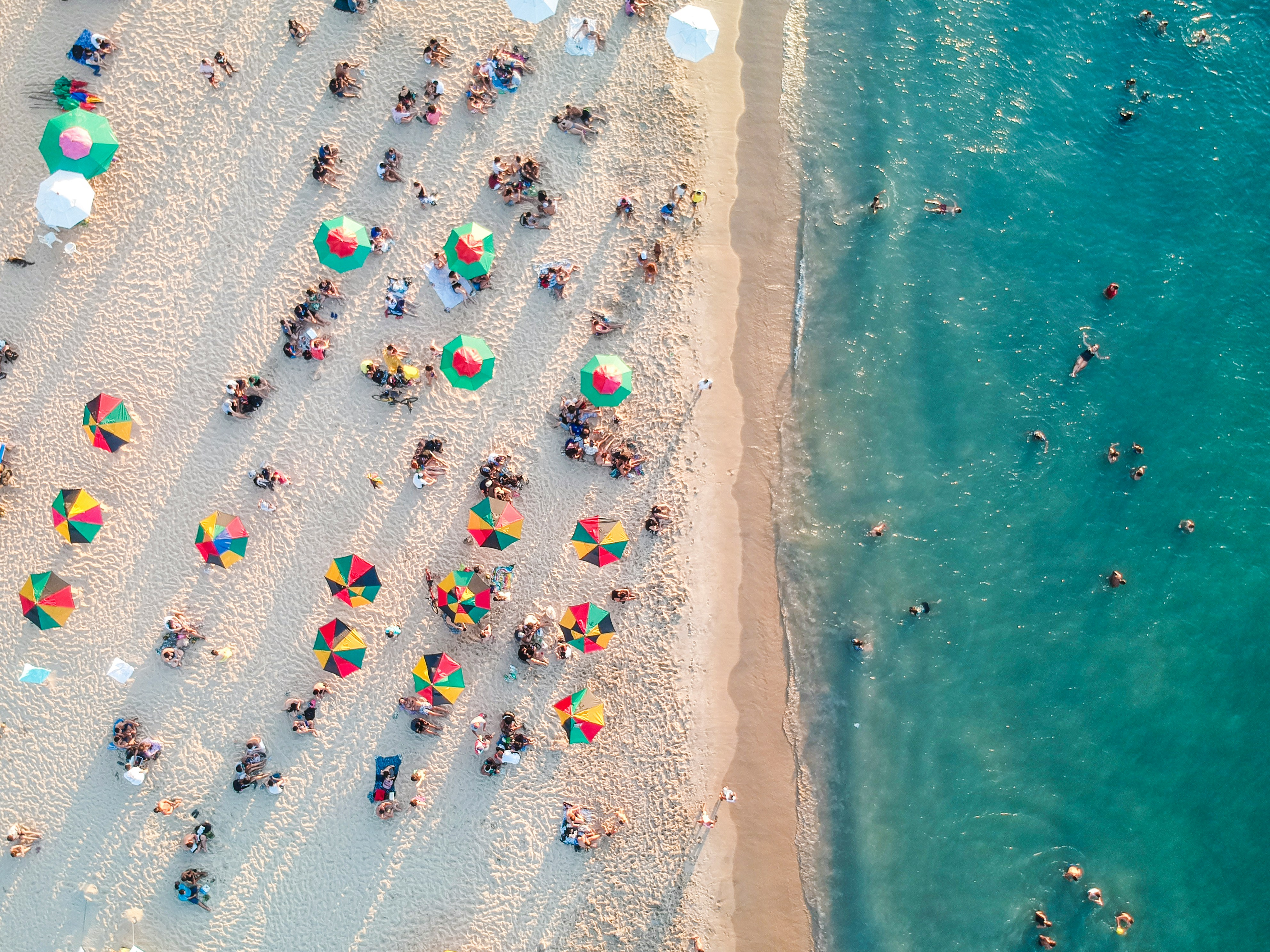
Brazil Investor Visa Stay Requirements
One of the most appealing features of the Brazil Investor Visa (Residence Authorization by Investment) is its flexible stay requirements. Unlike many other residency-by-investment programs, Brazil does not require full-time residence to maintain your visa, but you do need to meet minimum presence requirements if you plan to renew your residency or apply for permanent residency or citizenship later.
Here’s what you need to know:
Minimum Stay to Maintain Temporary Residency
To maintain your temporary investor residency status, you must:
Enter Brazil at least once every two years
Keep your investment active and compliant throughout your stay
Stay in good standing with immigration authorities and tax obligations
Failing to enter Brazil within a two-year period can result in the cancellation of your residency permit.
Stay Requirements for Permanent Residency
If you plan to upgrade to permanent residency, you must:
Maintain your investment for the full initial visa validity period (usually 2 years)
Reside in Brazil for at least 30 days per year, although longer stays are recommended to show stronger ties
Once permanent residency is granted, stay requirements become more flexible, though extended absences (longer than two years) can still impact your status.
Stay Requirements for Citizenship Eligibility
To become eligible for Brazilian citizenship through naturalization, you must:
Reside in Brazil for at least 4 years as a permanent resident
Demonstrate ties to the country (e.g., property ownership, tax residence, family integration)
Show proficiency in Portuguese and basic knowledge of Brazilian culture
Have no serious criminal record
In some cases (such as marriage to a Brazilian or having a Brazilian child), the residency requirement can be reduced to as little as 1 or 2 years.
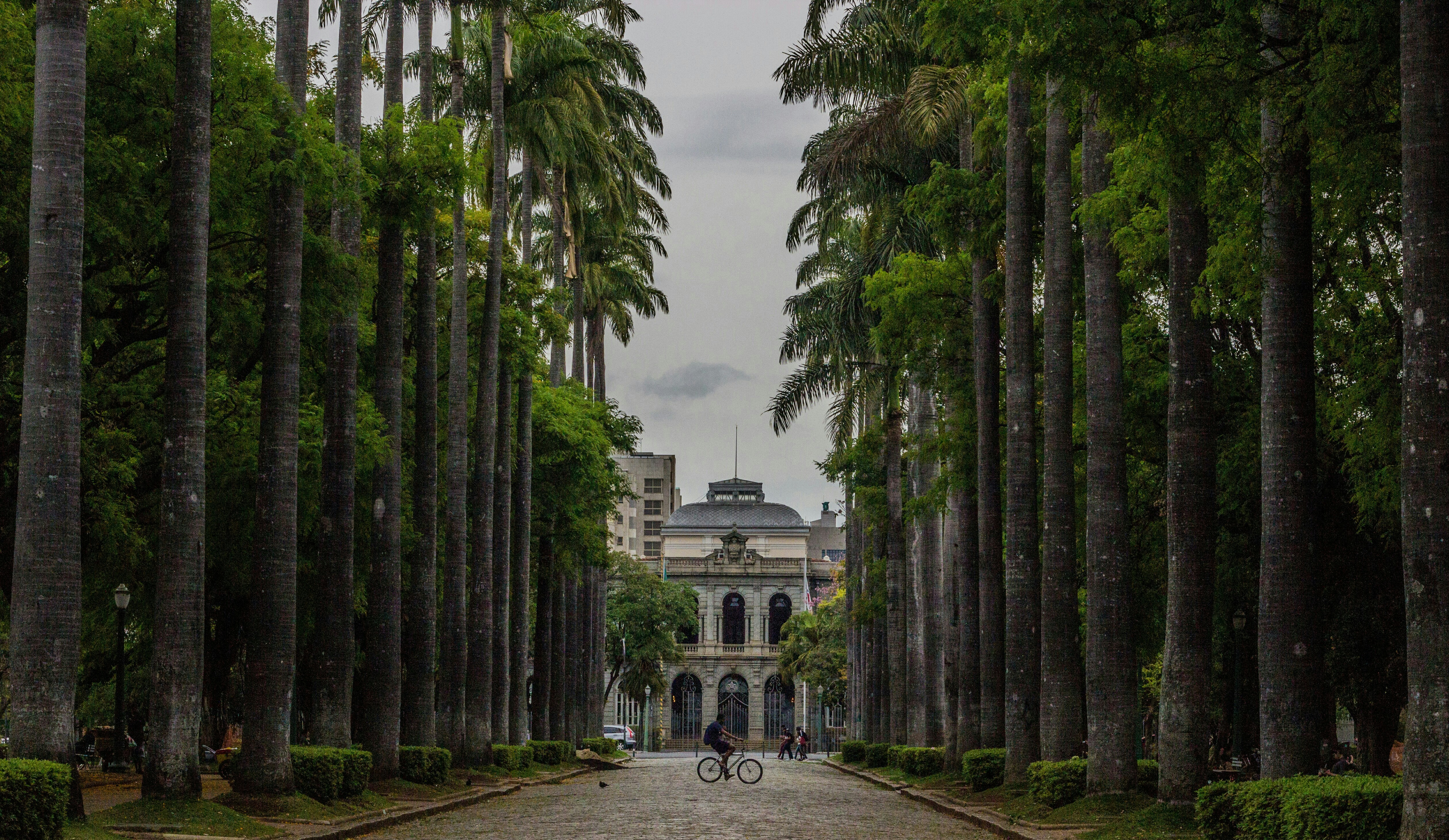
How Much Does the Brazil Investor Visa Cost?
Applying for the Brazil Investor Visa involves several costs beyond the investment itself. Here’s an overview of the main fees you should budget for:
Investment Amount: The primary cost is your qualifying investment, which must be at least BRL 500,000 in a business (or BRL 150,000 for innovation/tech startups), or BRL 1,000,000 in real estate (BRL 700,000 in designated regions).
Application Fees: Visa application fees vary by consulate but typically range from USD $200 to USD $400 per applicant. These fees cover visa processing and issuance.
Legal and Advisory Fees: Many applicants work with lawyers or consultants to prepare documents, ensure compliance, and manage the process. Professional fees vary widely but expect to pay anywhere from USD $3,000 to USD $10,000 depending on complexity.
Document Translation and Apostille: Official documents must be apostilled and translated into Portuguese by a sworn translator. Translation fees depend on document volume but typically range between USD $200 and USD $800.
Police Clearance Certificates: Obtaining international background checks often involves fees, which vary by country and issuing agency.
Health Insurance: Private health insurance valid in Brazil is mandatory and costs depend on coverage, applicant age, and provider but generally start around USD $1,000 per year for basic plans.
Federal Police Registration and ID Card: Upon arrival, registering with the Federal Police and obtaining your foreign resident ID (RNM) may incur small administrative fees, typically under USD $100.
Keep in mind that these costs can vary depending on your personal circumstances, number of dependents, and the service providers you choose. Planning a budget that covers both the investment and associated expenses will help ensure a smooth application experience.
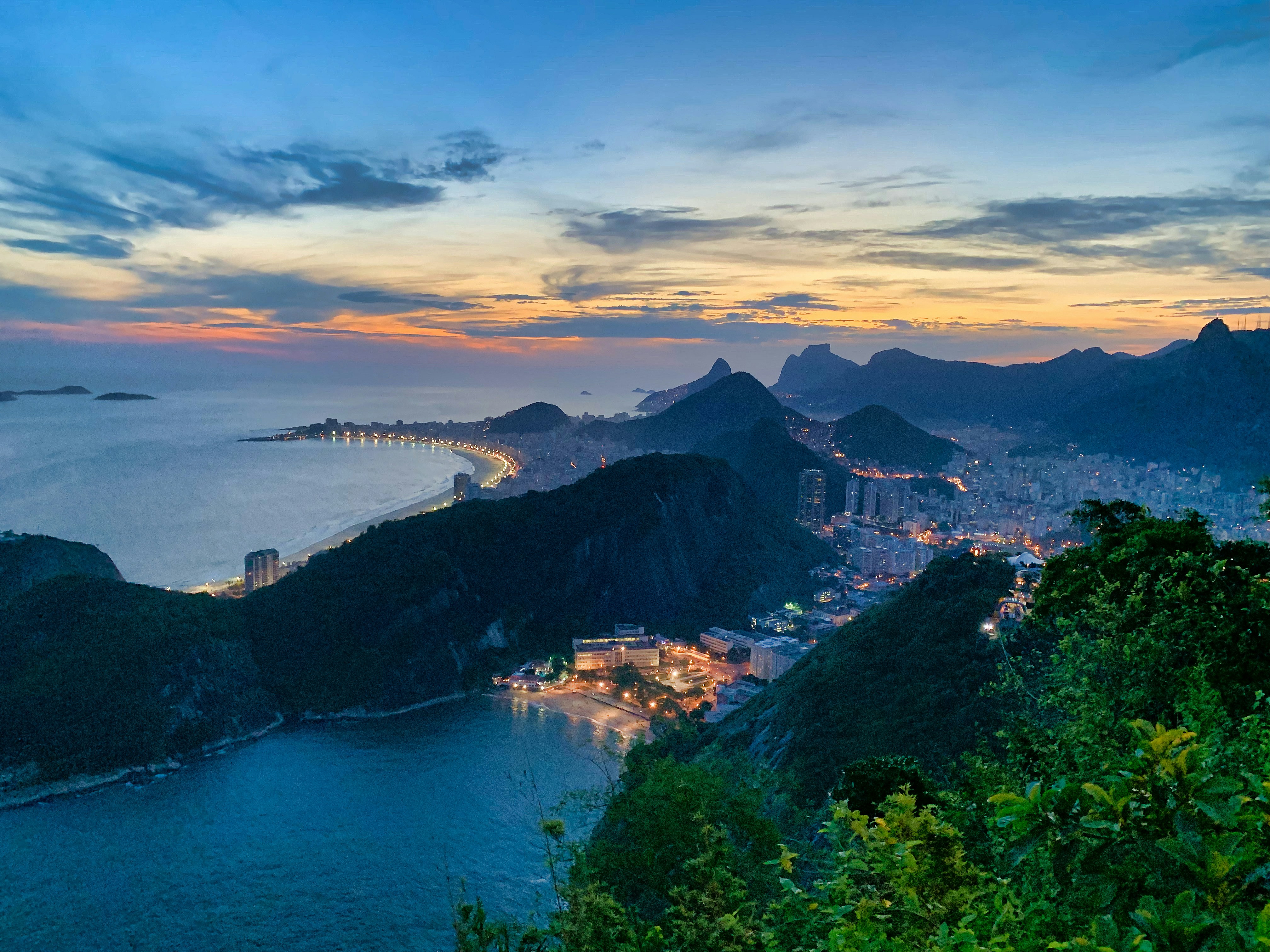
Taxes for People With a Brazil Investor Visa
Holding a Brazil Investor Visa and becoming a resident in Brazil comes with important tax obligations you should understand to stay compliant and optimize your financial planning.
When you obtain residency through the Residence Authorization by Investment, you are generally considered a tax resident in Brazil if you spend more than 183 days within a 12-month period in the country. Tax residency means you are subject to Brazil’s tax system on your worldwide income.
Brazil uses a progressive personal income tax system, with rates ranging from 0% to 27.5%, depending on your income level. This applies to income earned both inside and outside Brazil. You must file an annual tax return declaring all global income, including salaries, rental income, dividends, interest, and capital gains.
If you maintain investments or businesses in Brazil, corporate taxes and taxes on dividends or capital gains may also apply, subject to local tax laws and any applicable tax treaties between Brazil and your home country.
Brazil does not have a specific wealth tax, but some municipalities may impose property taxes (IPTU) if you own real estate. Additionally, certain financial transactions and services are subject to various indirect taxes.
It’s highly recommended to consult with a qualified Brazilian tax advisor familiar with expatriate tax matters. Proper tax planning can help you benefit from available deductions, credits, and international tax agreements to avoid double taxation.
Living in Brazil with the Brazil Investor Visa
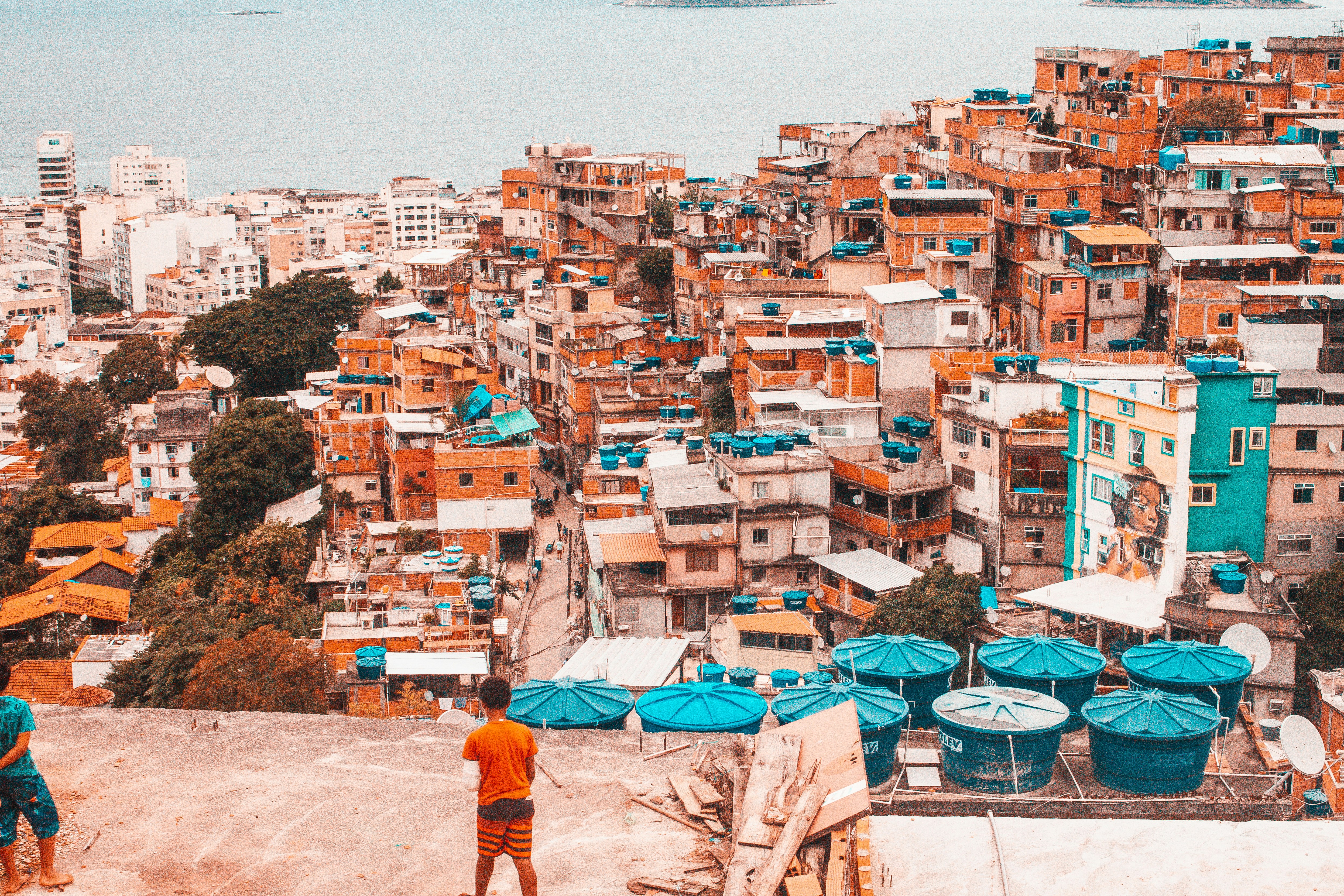
Living in Brazil with the Brazil Investor Visa offers a unique opportunity to experience one of South America’s most vibrant and diverse countries while enjoying the benefits of legal residency. Visa holders can reside in Brazil, work, study, and access healthcare during their stay. With its rich culture, stunning landscapes, from the Amazon rainforest to beautiful beaches, and lively cities like São Paulo and Rio de Janeiro, Brazil provides an exciting and dynamic lifestyle for investors and their families. The visa also allows you to travel freely within Brazil and facilitates easier movement within South America.
Beyond the cultural experience, holding this visa gives you a foothold in Brazil’s growing economy and opens doors to new business and investment opportunities. While adapting to local customs and the Portuguese language may require some effort, many expats find the warmth of Brazilian communities welcoming and supportive. The country’s relatively low cost of living compared to many Western countries can also make settling in more affordable, especially outside major metropolitan areas. Overall, the Brazil Investor Visa is not just a legal status, it’s a gateway to building a life and future in one of the world’s most promising emerging markets.
Best Cities to Live in Brazil
Choosing where to settle in Brazil with your Brazil Investor Visa depends on your lifestyle preferences, business goals, and family needs. Here are three of the best cities that offer great quality of life, infrastructure, and opportunities for residents and investors alike.
São Paulo
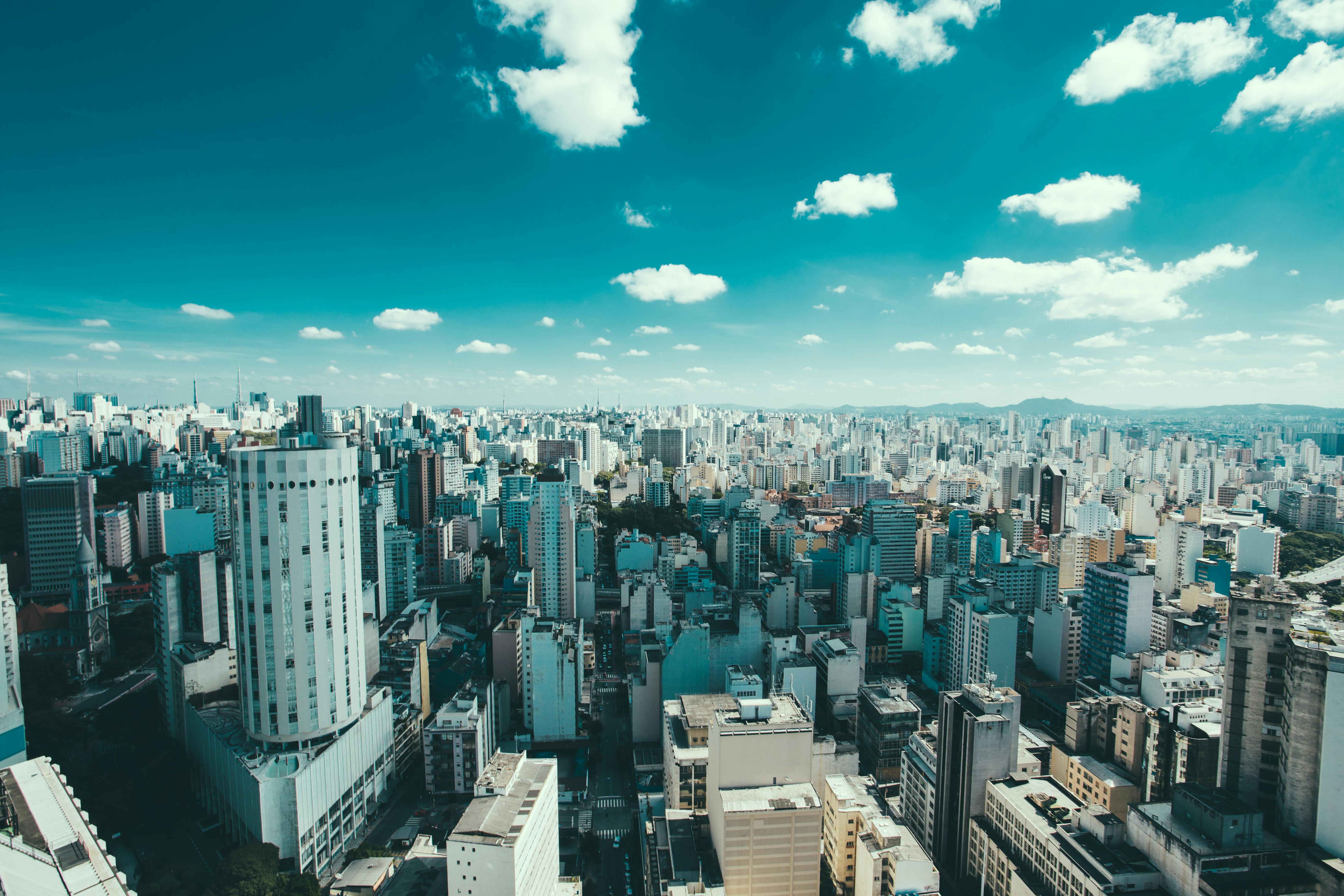
As Brazil’s largest city and financial powerhouse, São Paulo is the epicenter of business, culture, and innovation. It offers a cosmopolitan lifestyle with world-class restaurants, shopping, and entertainment. The city’s diverse economy and vibrant startup scene make it ideal for investors seeking dynamic opportunities. While traffic and cost of living can be high, São Paulo’s extensive infrastructure and international connectivity make it a top choice for those wanting to be at Brazil’s economic heart.
Rio de Janeiro
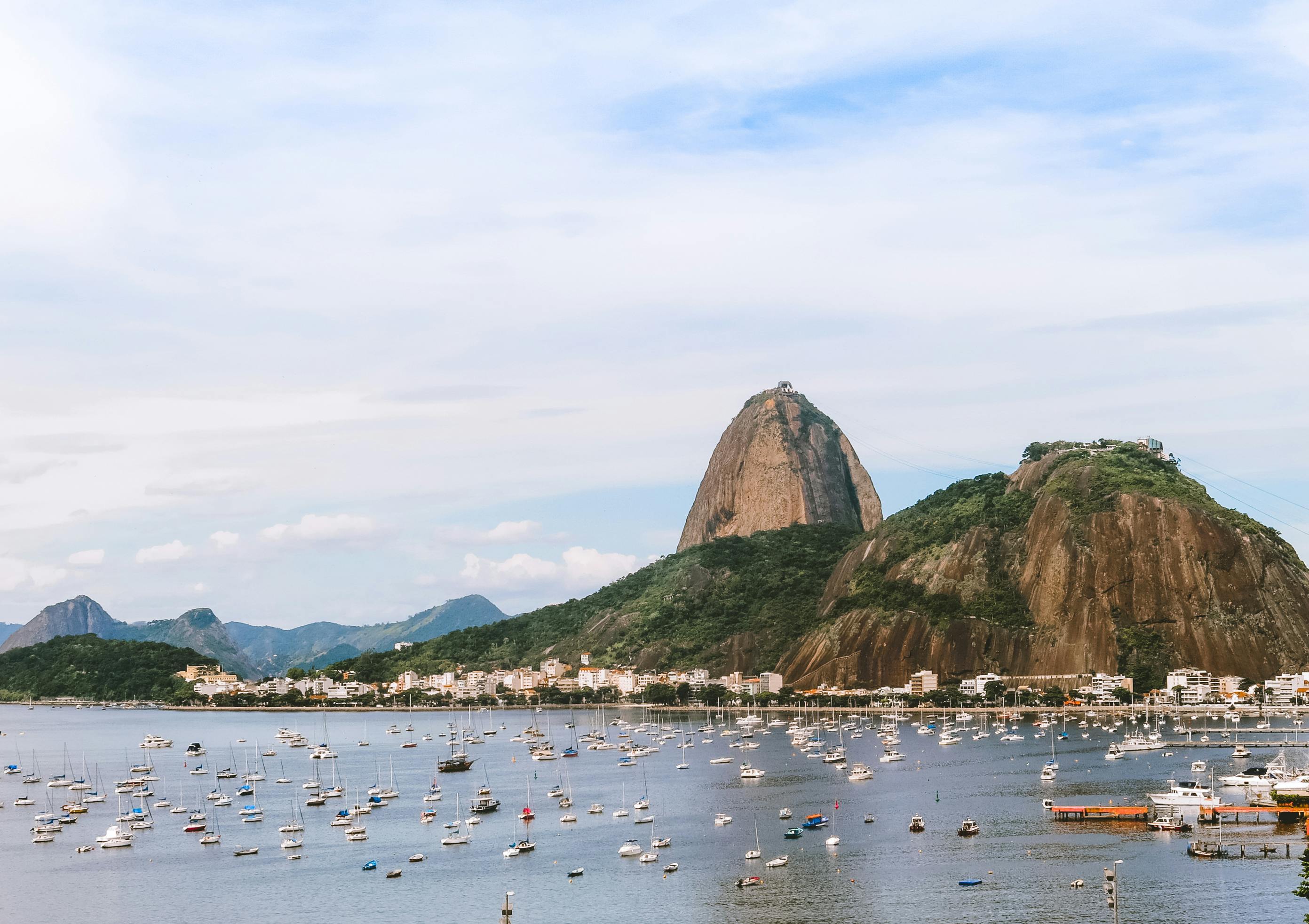
Famous for its stunning natural beauty, iconic beaches, and lively culture, Rio de Janeiro offers a more relaxed yet exciting lifestyle. Beyond tourism, the city has growing sectors in oil and gas, finance, and technology. Expats enjoy Rio’s outdoor lifestyle, festivals, and friendly community. While security can be a concern in some areas, many neighborhoods provide safe, family-friendly environments with excellent amenities.
Curitiba
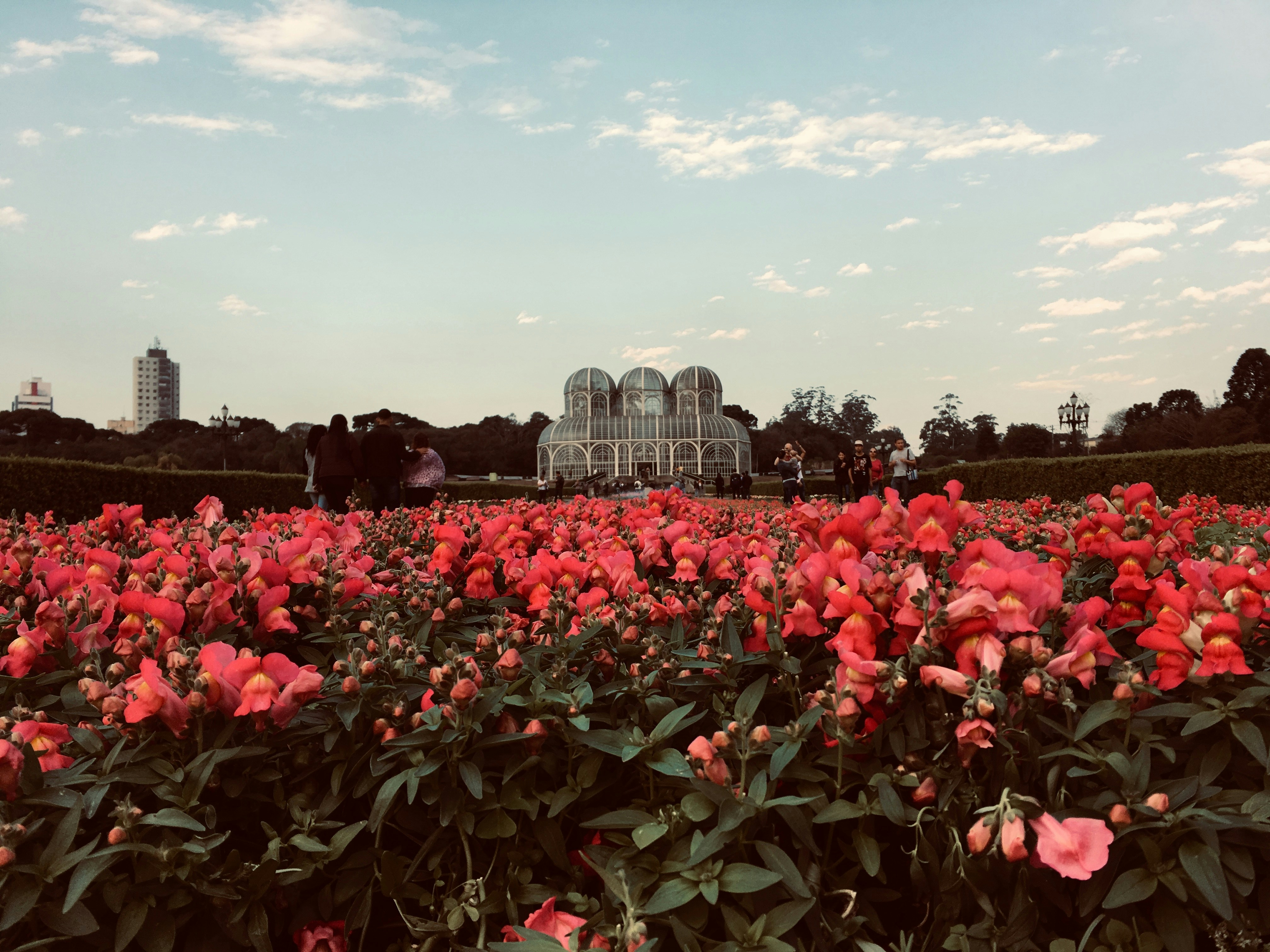
Known for its urban planning and sustainability efforts, Curitiba is often praised as one of Brazil’s most livable cities. It boasts a high standard of public services, green spaces, and efficient public transportation. The city has a strong industrial base and a growing tech sector, making it attractive for business-minded residents. Curitiba offers a more tranquil and affordable lifestyle compared to Brazil’s larger metros, appealing to families and investors looking for stability and quality of life.
Cost of Living
The official currency of Brazil is the Brazilian Real (BRL). 1 BRL ≈ 0.19 USD (exchange rates may vary).
The average net monthly salary in Brazil is around R$2,500, which equates to approximately $475 USD.
Here’s a rundown of what you should expect to pay in different cities:
São Paulo
Rent (1 bedroom in city center) – $600 per month
Rent (3 bedrooms outside city center) – $900 per month
Basic Utilities – $90 per month
Wi-Fi – $25 per month
Public Transport – $1.20 one-way
Groceries (2 people) – $250–$350 per month
Rio de Janeiro
Rent (1 bedroom in city center) – $550 per month
Rent (3 bedrooms outside city center) – $850 per month
Basic Utilities – $80 per month
Wi-Fi – $25 per month
Public Transport – $1.20 one-way
Groceries (2 people) – $220–$320 per month
Curitiba
Rent (1 bedroom in city center) – $400 per month
Rent (3 bedrooms outside city center) – $700 per month
Basic Utilities – $75 per month
Wi-Fi – $20 per month
Public Transport – $1.00 one-way
Groceries (2 people) – $200–$300 per month
FAQs
What is the minimum investment amount required for the Brazil Investor Visa?
The minimum investment is typically BRL 500,000 in a Brazilian company or BRL 1,000,000 in real estate. Reduced amounts apply for investments in innovation or tech startups.
How long does it take to get the Brazil Investor Visa?
Processing times vary by consulate but generally range from 3 to 6 months after submitting a complete application.
Can I include my family members in my Brazil Investor Visa application?
Yes, the visa allows you to include your spouse and dependent children under 18 as part of your residency application.
Do I need to live in Brazil full-time to keep the investor visa?
No, you only need to enter Brazil at least once every two years to maintain your temporary residency status.
Can I work or start a business in Brazil with the Investor Visa?
Yes, the Brazil Investor Visa grants you the right to live and work in Brazil, including running or managing a business.
Can I get help applying for the Brazil Golden Visa?
If you need help applying for a visa, you can talk to Citizen Remote. Get specific advice from one of our experts, or outsource the entire application to our team.
Author
Nadia Dardón is a content creator from Guatemala. She has worked fully remotely for the past six years as a copywriter, editor, and content creator, working for different industries. She started her digital nomad journey in 2022 and currently lives as an expat in Spain.
